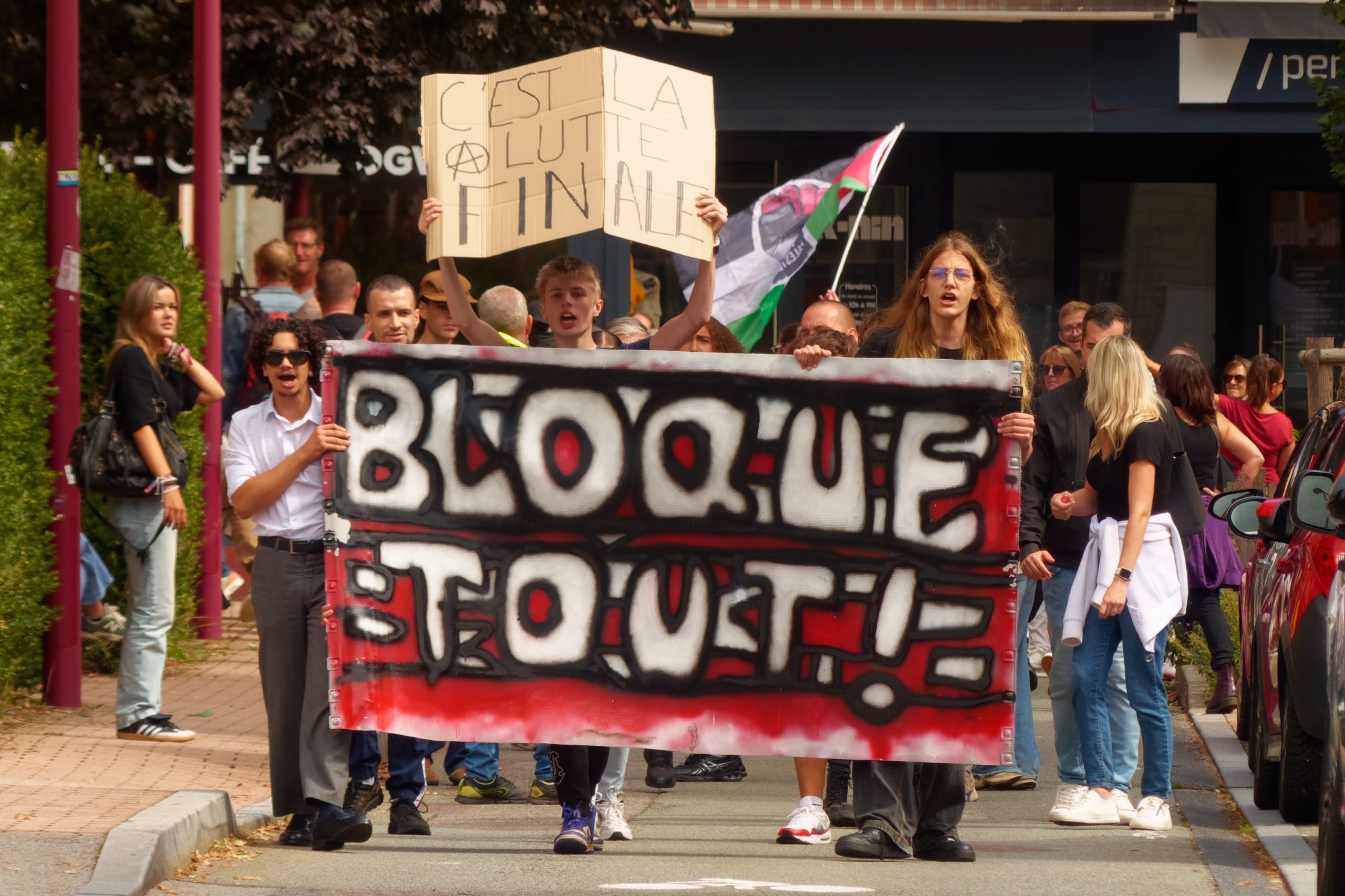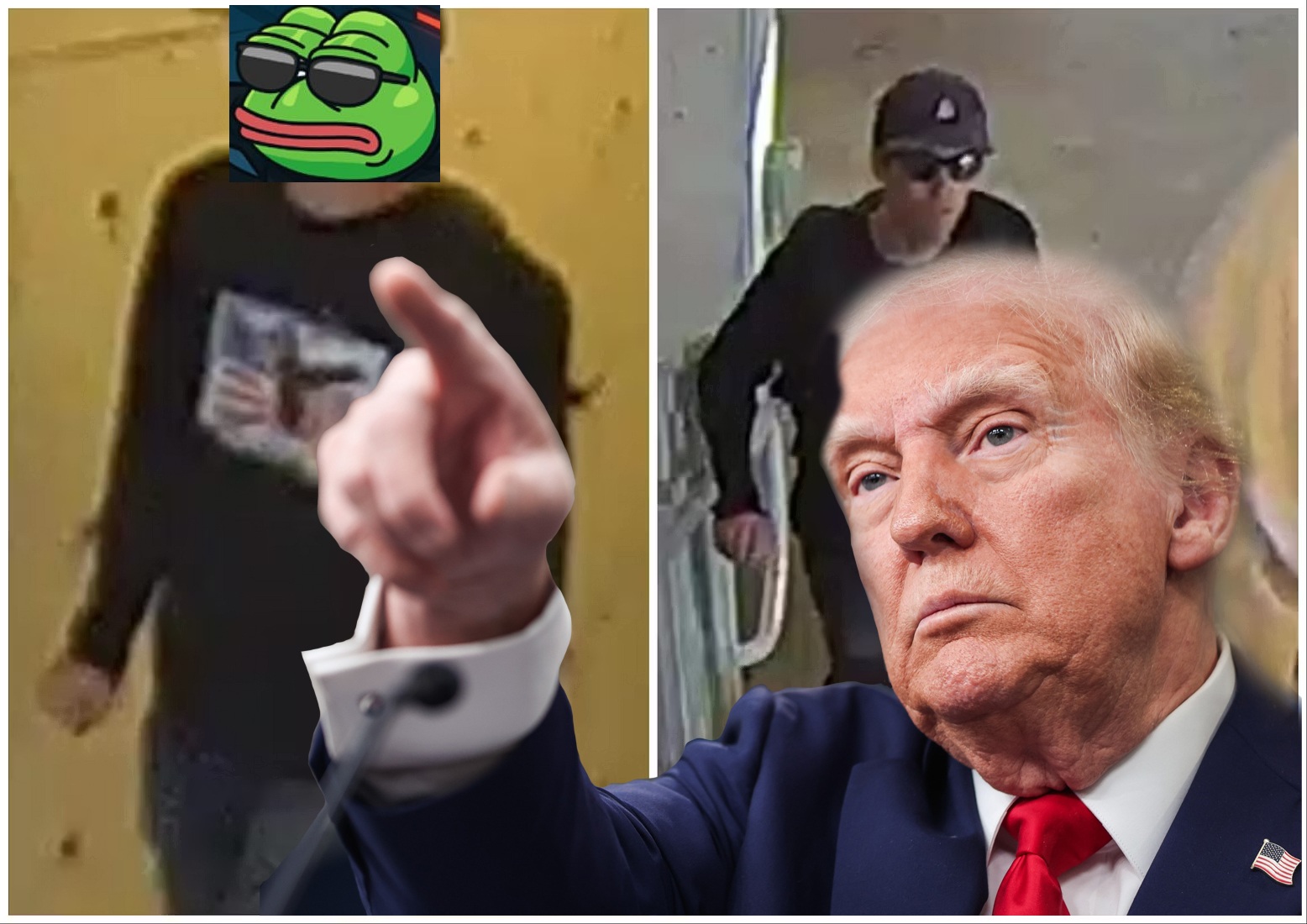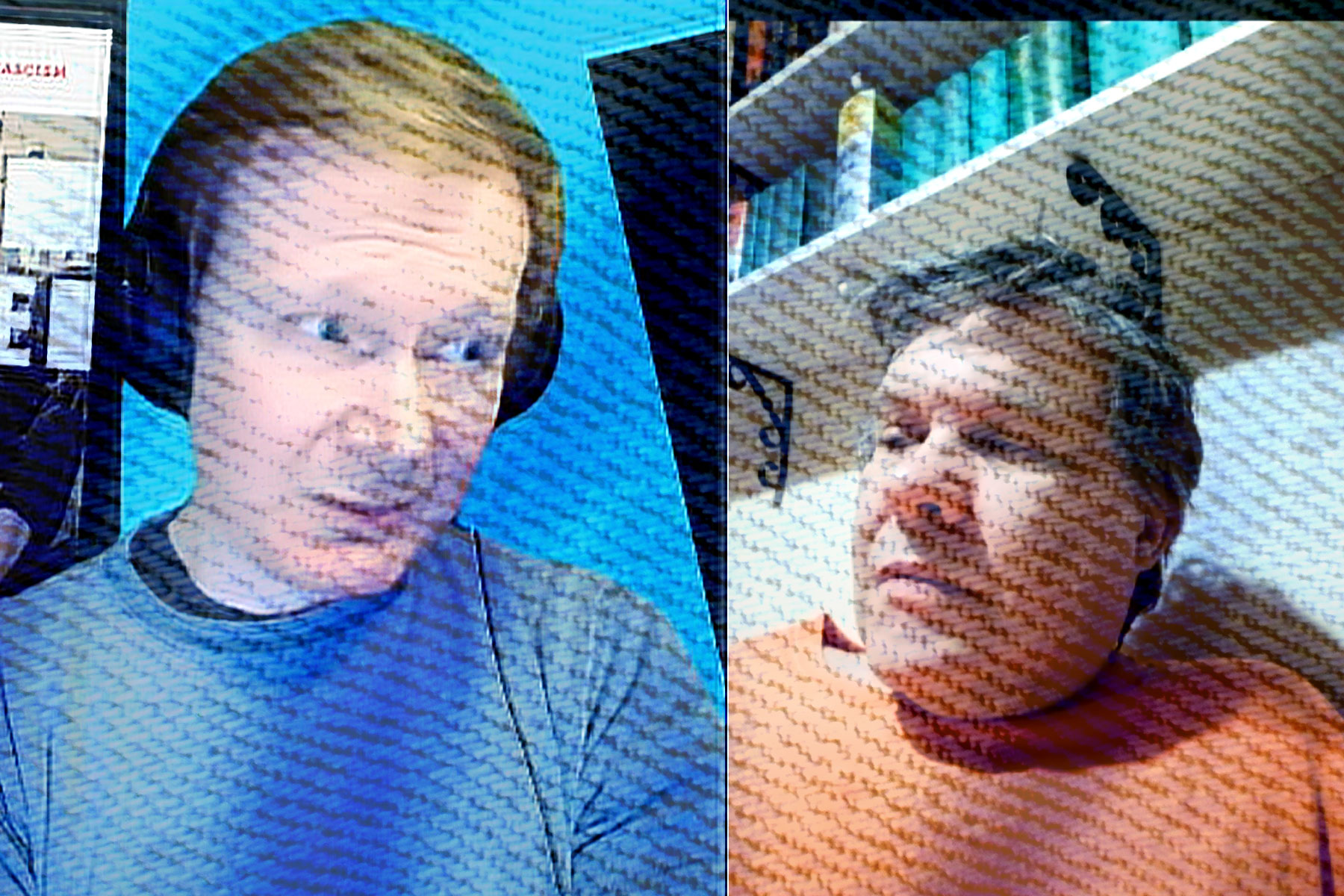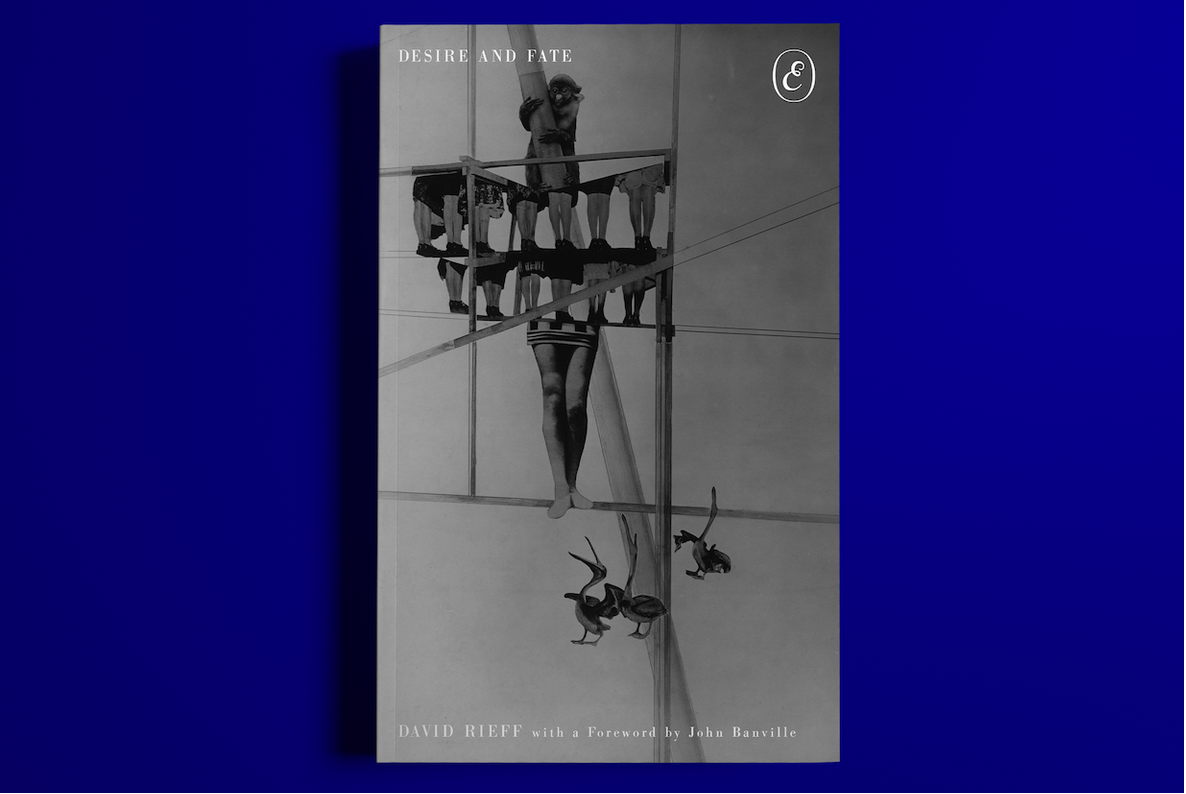Lethal repression of student protests triggers widespread revolt against political quotas and authoritarianism
For three weeks, an insurrectionary movement has been rising in Bangladesh, also echoed in confrontations in London. The mobilization started with students from the capital, Dhaka, protesting against an unfair quota system. The state reserves 30% of public sector jobs and university places “descendants of fighters” — relatives of veterans from the country’s war for independence from Pakistan in 1971 — who are effectively children of supporters of the ruling party. The quota system has been denounced for years. In 2018, following a large protest movement, the measure was suspended, but it had been reinstated after a court decision, which aroused the anger of the youth.
The regime cut off the internet, declared a curfew, and sent the army into the streets. Hundreds of students were injured and more than 115 were killed by police. The police fired live ammunition as well as gas grenades and rubber-coated bullets, and beat unarmed students. Journalists were also injured and a minor high school student was shot dead. A video shows one of the leaders of the movement, arms in the air facing the police, receiving a shot. He died shortly after. Another shows a police unit’s vehicle crushing the crowd. To make matters worse, Prime Minister Sheikh Hasina insulted the demonstrators – calling them “traitors” to the nation.
The demonstrations in Bangladesh have consequently taken on an insurrectional scale and gone well beyond student spheres. Residents of Dhaka joined the protest, police stations and barracks were burned, as well as the headquarters of a television channel and ministries. On Friday, a prison where many regime opponents were imprisoned, as well as workers arrested during a strike last fall, was attacked by 12,000 rioters. 826 prisoners are said to have managed to escape from the prison.

Bangladesh’s Supreme Court has now ordered the veterans’ quota be cut to 5%, with 93% of jobs allocated on merit – with the remaining 2% set aside for members of ethnic minorities and transgender and disabled people. Student protesters have now given the government a 48-hour deadline to release detained protest leaders, lift the curfew and reopen universities, which have been shut since Wednesday.
The student movement has reignited anger that has been simmering in Bangladesh for years. In October 2022, a victorious general strike by 150,000 enslaved tea plantation workers was followed by a massive movement in 2023 against rising prices. This groundswell led to a vast political movement against the tightening of the increasingly authoritarian regime. Last January a massive boycott was launched against the elections, considered rigged, and resulted in a participation of only 26% of the electorate. In some medium-sized towns, there was not a single voter.
Bangladesh is known worldwide for the appalling conditions of its textile industry. In 2013 a factory collapsed in Dhaka. While the building was cracked and had been evacuated, the bosses had forced the workers – the majority of whom were women – to go to work anyway, and the emergency exits were mostly closed, resulting in 1,127 dead and around 2,500 survivors. This was one of the greatest industrial disasters in human history. Yet today the country continues to manufacture clothing exported to the West with workers in conditions of quasi-slavery.
Bangladesh’s prime minister Sheikh Hasina has held power for four consecutive terms, and is increasingly criticized for her authoritarianism and corruption. With the ongoing bloody repression, another level has been reached.








